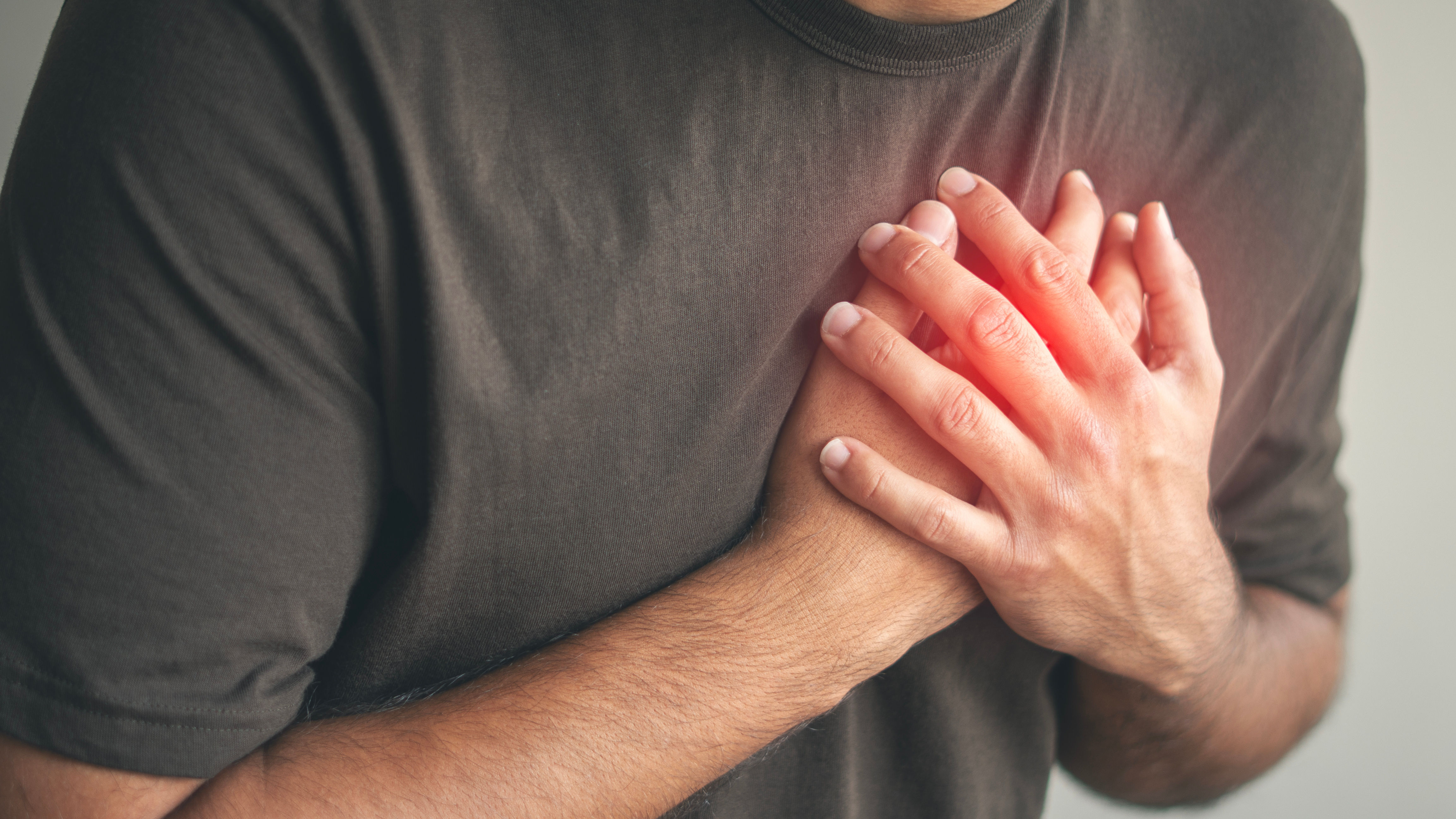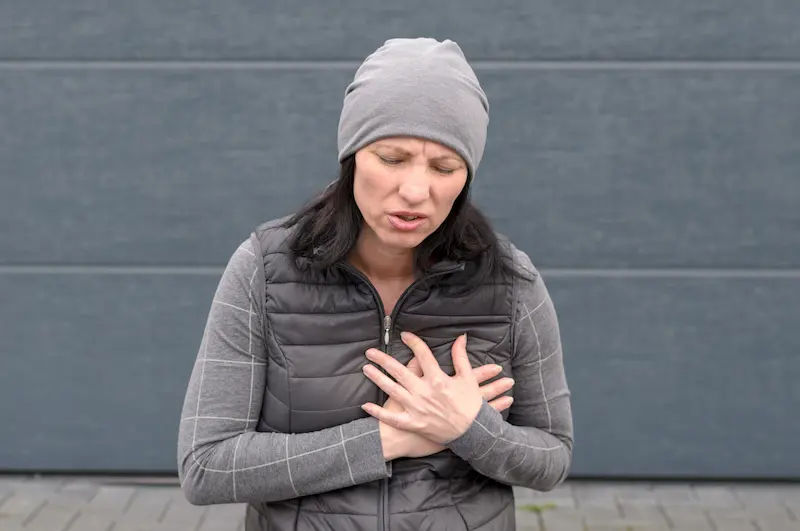- Male
- 47 Years
- 22/01/2025
I'm currently taking Olmezest 40, but it's getting really pricey. Should I switch to Olmetime 40 instead? What's the difference between the two?
More Cardiology Health Queries
View allI'm worried about a high troponin level of 22.4. Can this be treated with medication, or does it mean I need to be admitted or go through some kind of procedure?
See a specialist for accurate diagnosis and targeted treatment.
Answered by 1 Apollo Doctors
I've been noticing that when I'm lying down, I can actually feel my heartbeat. Is this what's known as palpitation? It doesn't feel like that scary, pounding sensation, just a slight awareness of my heartbeat. Should I be concerned?
Yes, feeling your heart beat when lying down can be considered palpitations. It is important to monitor your symptoms and consult with a healthcare professional for further evaluation. In the meantime, you can try taking propranolol 10mg once daily to help with palpitations.
Answered by 1 Apollo Doctors
I've been feeling really breathless for a week now, and it got noticeably worse this morning. Plus, there's this chest pain that came along with it. I haven't noticed any other symptoms, but it's starting to worry me. Could you help me understand what's going on?
I'm sorry to hear you're feeling this way. Breathlessness and chest pain can be concerning symptoms, and its important to rule out any serious issues like a heart or lung condition. I recommend seeing a doctor as soon as possible for a thorough evaluation, including tests like an ECG or chest X-ray, to determine the cause.
Answered by 1 Apollo Doctors
Disclaimer: Answers on Apollo 247 are not intended to replace your doctor advice. Always seek help of a professional doctor in case of an medical emergency or ailment.




.webp)
.webp)
